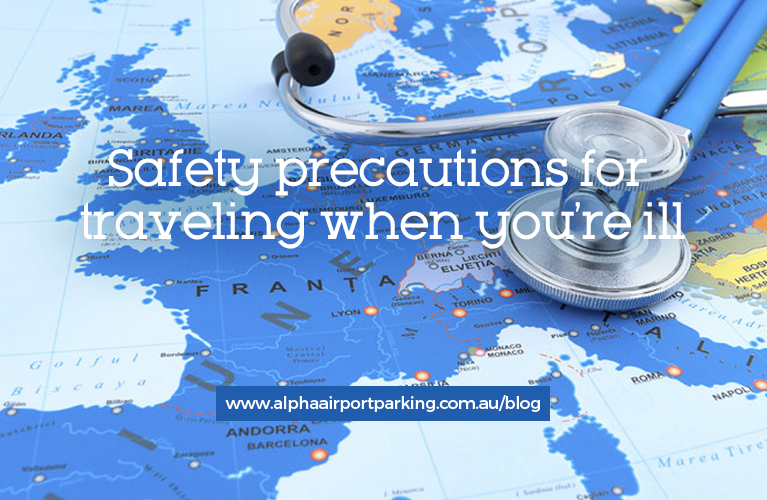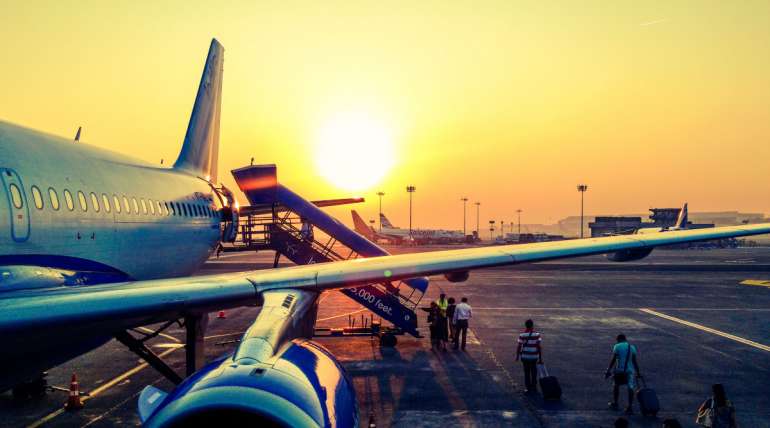Travelling overseas is usually, for the most part, an exciting and relaxing experience. However, travel can also be very physically demanding and straining on your body and your immune system. This is particularly evident for travellers with underlying chronic illnesses.
Travelling with an illness means that you have to take extra steps to ensure you have a safe and enjoyable trip. But with adequate organisation and preparation, you can still have a great holiday without putting excessive strain on yourself.
The following list is recommendations for those travelling with chronic illness. Always see your doctor before travelling to ensure that you will be able to effectively manage your condition.
Visit your physician at least four to six weeks before your departure. This will give you plenty of time for your body to respond to any necessary immunisations or new medications.
Obtain a letter from your doctor
Airlines do retain the right to refuse passengers service if they have a medical condition deemed unacceptable for travel.
Earlier this year, a woman from California was refused her flight with Alaska Airlines from Hawaii because she had cancer. This caused her to miss her treatment after her family was ordered off the flight.
The airline apologised after a significant social media backlash. Although this may be an isolated incident, it is still a good idea to provide clearance from your doctor before travelling to avoid such a situation.
Take a look at the airlines’ website and illness policies weeks before boarding your flight.
Keep your medication in carry-on luggage
Unfortunately airlines sometimes lose luggage. Usually they will try to get it to you on the next available flight but if you need your medication regularly, you could get caught out. Your doctor should be able to provide you with a smaller travel container for your medication.
Make sure that it is also labeled correctly and in its original container. You can keep the larger container in your bag and the smaller one in your carry on luggage for emergencies. Always keep a copy of your prescription on hand.
Wear a medical alert bracelet
This can be especially handy if you are travelling alone. Keep information about your illness on your person, in case of an unexpected emergency. There is a range of options available for medical alert bracelets or jewellery.
Take care of yourself
Make sure that you stay hydrated, wear comfortable clothes, walk and stretch at regular intervals; especially if you are doing long-distance travelling. All travellers should take care of themselves whilst on the road. However, some illnesses can increase the risk of developing Deep Vein Thrombosis and Pulmonary Embolism. During a flight the oxygen saturation levels can fall to around 90%, which is not a problem for healthy individuals. But the decreased in oxygen during the flight can affect passengers with cardiovascular diseases or anemia.
Stay as hygienic as possible
When you are travelling you often come in to contact with a range of people. The risk of exposure to communicable diseases is significantly higher when you are in close quarters with lots of other people.
If your immune system is also compromised, catching the flu can exacerbate your illness further. You can wear a facemask to try and prevent infection. Wash you hands regularly and try to avoid anyone who is coughing or sneezing.
Get comprehensive travel health insurance
Ensure that you align yourself with an insurance provider that will be able to help if you need medical assistance at any time during your journey. There are a number of areas you can save money when travelling, insurance isn’t usually one we would recommend cutting any corners with; especially if you have a preexisting condition.
It is perfectly safe to fly with a majority of medical conditions. Your illness doesn’t have to keep you grounded. This list aims to give you a general guide but you should always consult your doctor before going anywhere.





133 Comments
Comments are closed.